Issues
Most high street clothing companies are fixated on producing disposable fashion that relies on overworked and underpaid factory workers. This obsession with fast fashion puts profit over people, the planet and animals.
There are many problems associated with the fast fashion industry from supply chain issues to high greenhouse gas emissions. Our fashion and clothing guides help you find the most ethical and sustainable brands and companies. Our news and features discuss a cover a broad range of topics including, workers and human rights abuses, toxic chemicals and sustainable fabrics.

Most high street clothing companies are fixated on producing disposable fashion that relies on overworked and underpaid factory workers. This obsession with fast fashion puts profit over people, the planet and animals.
However, it isn’t all doom & gloom. We have a number of innovative, small independent brands that are doing things differently. Our sustainable fashion section provides tips on how to avoid this ‘fast’ fashion trend, introduces some fashion campaigns worth supporting and shines the spotlight on ethical brands making thoughtful clothing.
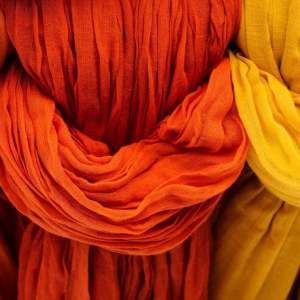
Which are the most sustainable ethical clothing brands?
In this guide, we explore 29 ethical clothing companies which show the mainstream brands how sustainable clothing should be done.
View guide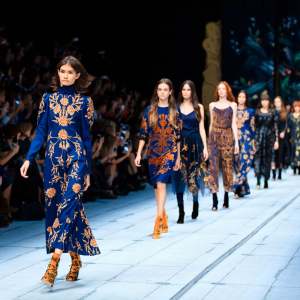
In this guide we investigate the ethical and environmental record of 18 designer and luxury fashion brands.
The fashion industry is based around a system of regular consumption with new trends every season, encouraging people to constantly buy new items. The designer and luxury brands are no different.
View guide
Finding ethical and sustainable jeans. We rank 56 brands of jeans on ethical and environmental policies and practices.
Jeans are one of the most popular items of clothing, for all ages, but how easy is it to find an ethical pair of jeans? We look into the issues involved and give our recommended buys and what to avoid.
View guide
Rating 41 brands of outdoor clothing and gear for their ethics and sustainability. We look at the environmental impact of synthetic materials and toxic chemicals, animal rights and workers' rights.
View guide
How to find eco friendly, vegan and sustainable shoe brands. Ethical and sustainability ratings for 36 brands of footwear, with recommended buys and what to avoid.
In this guide to ethical shoes, we investigate how sustainable or ethical footwear brands are, from classic Hush Puppies to comfy Crocs, as well as big names like Dr Martens, Kickers and Vans. We also cover independent and vegetarian footwear brands and some pre-loved sellers.
View guide
Finding ethical and environmental sportswear, with ratings for 48 brands of sportswear.
You don't have to be a professional athlete to buy and wear sportswear: whether you're lounging at home or running marathons, the ethics of the clothing remain the same.
View guide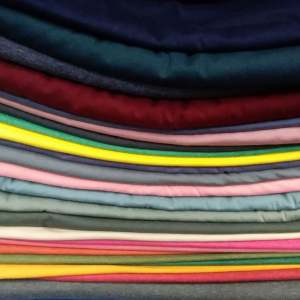
Finding ethical and eco-friendly t-shirts. We rank the ethical and environmental record of 25 ethical t-shirt brands.
This guide focuses on ethical companies with business policies that prioritise people, the environment and society. All the brands in the guide are recommended.
View guide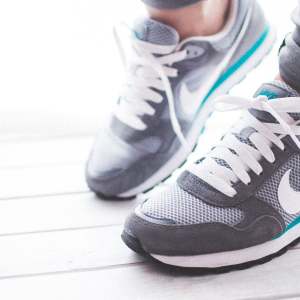
Find ethical and sustainable trainers, with ratings for 44 brands of trainers, with recommended buys and what to avoid.
In this guide we look at some of the biggest names in sporting footwear like Adidas and Nike, alongside smaller and ethical brands of trainers.
View guide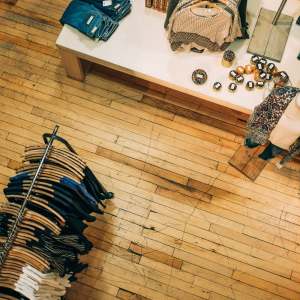
Navigating the ethics of high street clothing retailers is essential for consumers who want to make responsible fashion choices.
In this guide, we investigate, score and rank the ethical and environmental records of 52 high street clothing brands.
View guide
Find ethical and environmental outdoor clothing and sports shops. This guide ranks 15 outdoor and sports clothing and equipment retailers.
Whether you are an avid mountain climber or like a stroll in the park, buying outdoor clothing and equipment is necessary with the British weather.
View guide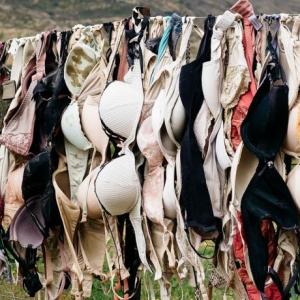
Many brands claim to make sustainable lingerie. This guide will help you find truly sustainable and ethical underwear.
In the guide, we investigate, score, and rank the ethical and environmental records of 41 underwear brands that make adult bras, knickers, and pants.
View guide